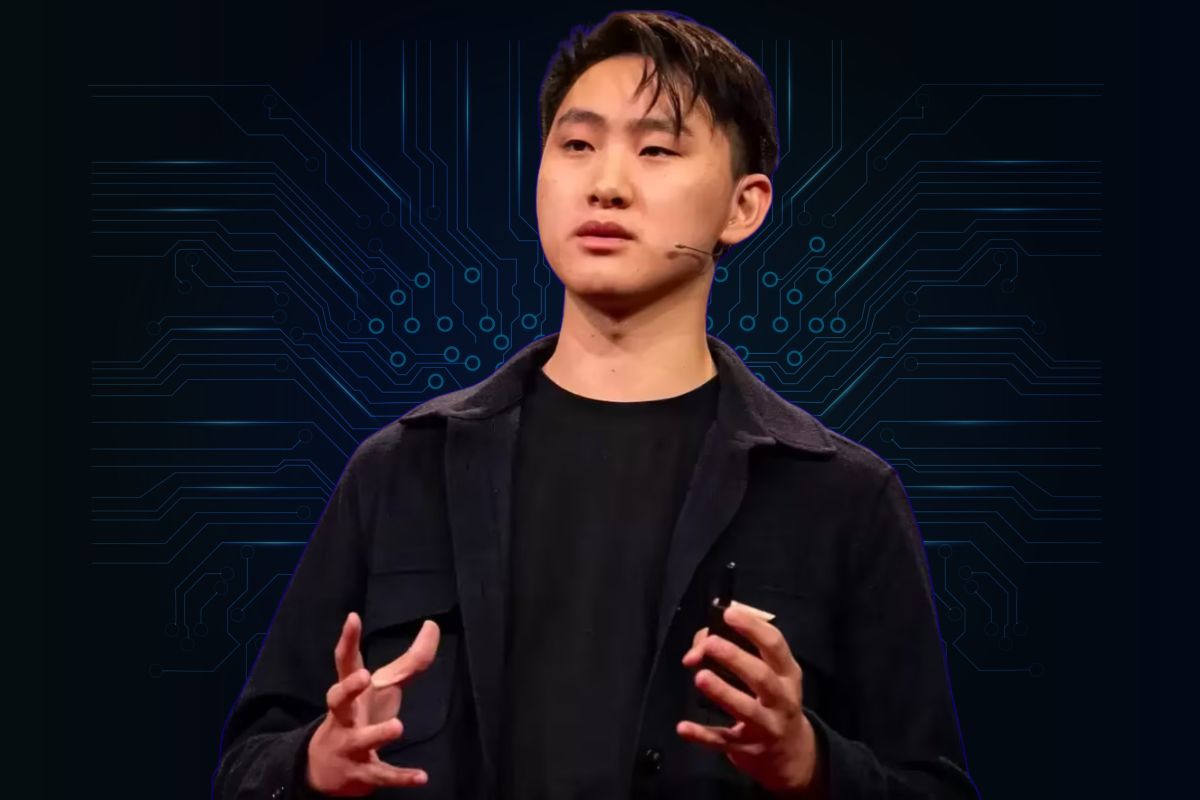


In an era where artificial intelligence is reshaping every field imaginable, one name has been generating buzz: Alexandr Wang. As Meta’s newly appointed AI chief and a self-made billionaire, Wang isn’t just content overseeing next-gen systems — he’s boldly telling teenagers to “spend all their time vibe-coding.”
Table of Contents
ToggleAlexandr Wang’s story defies expectations. He began at MIT but dropped out in his first year to launch Scale AI, a pioneering data labelling startup critical to training AI models. Over time, Scale AI attracted massive investments, and Wang’s personal wealth swelled into the billions. His journey from dorm-room hacker to tech mogul sets the stage for his current role at Meta.
Now, as Meta’s head of AI, Alexandr Wang is at the forefront of shaping how machines learn, think, and build. His belief: the engineers of tomorrow won’t just write code — they’ll orchestrate entire ecosystems of AI.
Also read: Heartbeat of Hope: Don’t Miss a Beat — World Heart Day 2025
What exactly is “vibe-coding”? In a recent podcast appearance, Wang challenged teenagers: if you’re 13, 14, or 15, dedicate all your time to mastering AI tools. He urged them to accumulate 10,000 hours interacting with AI assistants, prompt engineers, neural networks — essentially training themselves to think in AI first.
Alexandr Wang argues this immersion isn’t mere hobbyism — it will soon become the primary differentiator between talent in tech. As AI automates more routine programming, those who know how to work with AI (and not just write it) will rise ahead.
Also read: Flames of Dissent in the Himalayas: Statehood Protest in Leh Turns Deadly
If Alexandr Wang’s idea catches on, we might witness a generation of AI-native learners—kids who think in prompts and workflows instead of loops and grammar. Schools might start teaching AI literacy to kids at a young age. In the meantime, the talent competition will get tougher.
Knowing how to use AI technologies could become the new coding credential. The challenge for kids, parents, and teachers isn’t whether to use AI, but how to do it. Not only will the future belong to people who design AI, but also to those who work with it.

